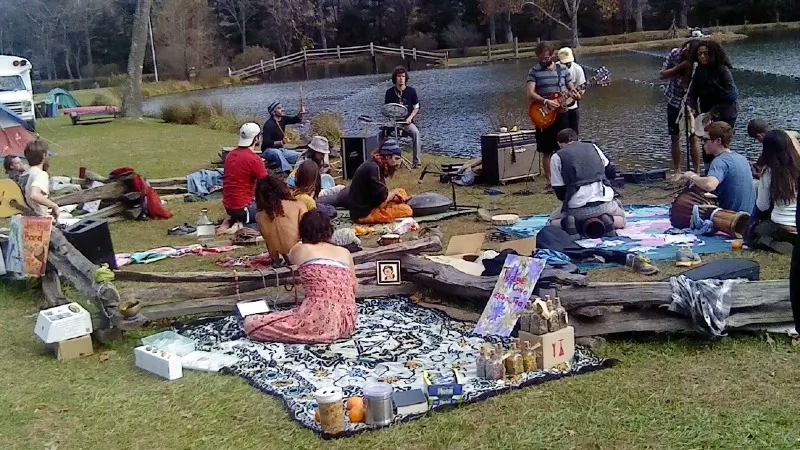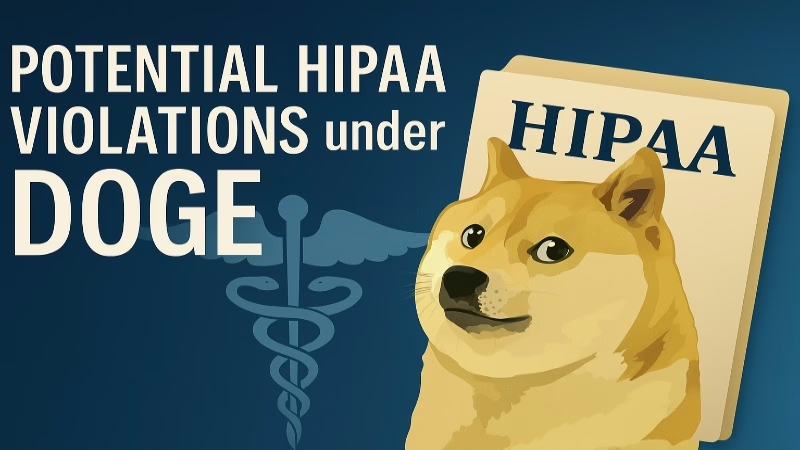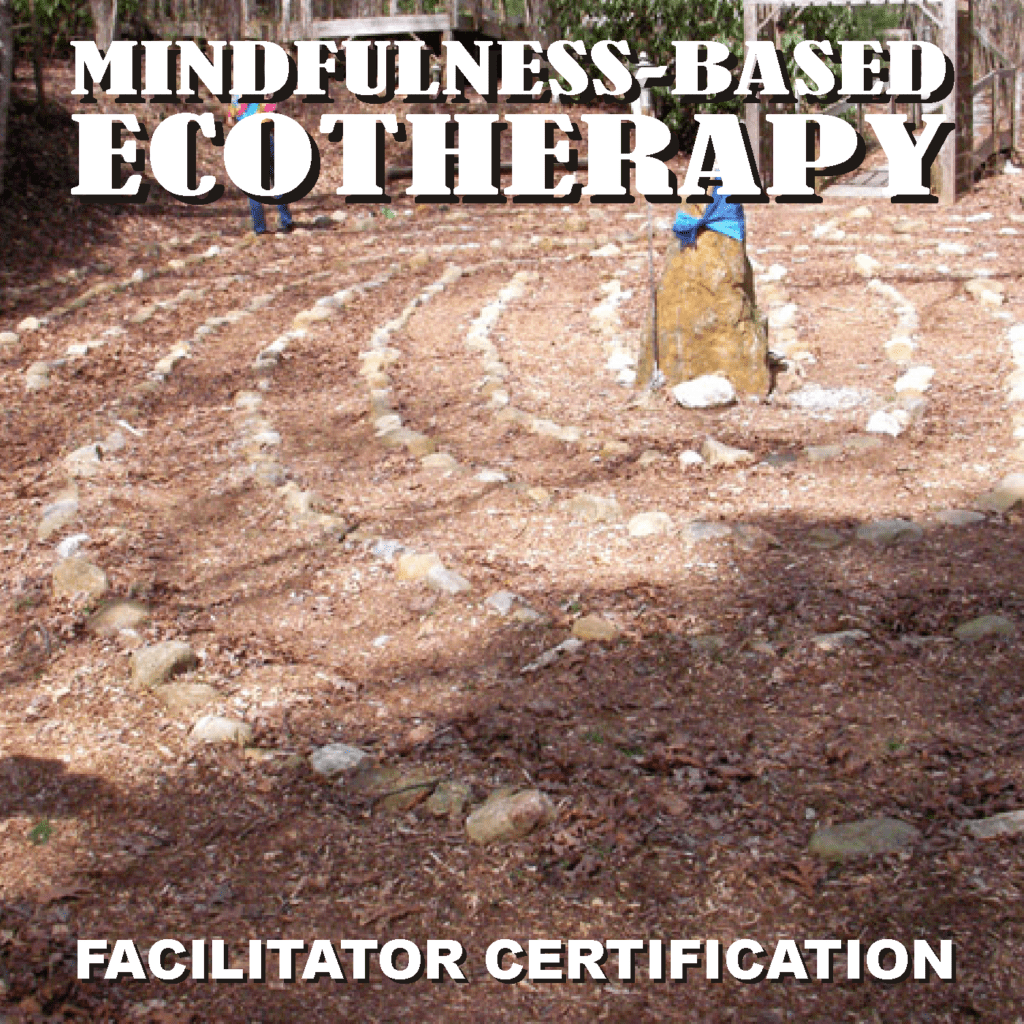
Table of Contents
If you’re considering a career in counseling, you may have heard the term Counseling Compact recently. This is a significant development in the field of mental health care that can directly impact Licensed Professional Counselors (LPCs) and others in the counseling profession. The Counseling Compact is designed to create greater mobility for counselors across state lines, which is particularly important for teletherapy and providing services in an increasingly interconnected world.
In this blog post, we’ll break down what the Counseling Compact is, why it matters, and how it could influence your decision to pursue the LPC credential.
What is the Counseling Compact?
The Counseling Compact is an agreement between participating states to allow professional counselors to practice across state lines without having to apply for a new license in each state. Similar to other interstate compacts, such as the Nurse Licensure Compact (NLC) or the Psychology Interjurisdictional Compact (PSYPACT), the Counseling Compact is designed to enhance access to counseling services, particularly as more people seek mental health care through digital platforms like teletherapy.
The compact allows counselors to practice in states other than the one in which they are originally licensed, assuming both states are part of the agreement. This is a huge benefit for counselors, especially as the demand for mental health services grows, and the need for access across state lines becomes more urgent.
Key Features of the Counseling Compact
- Cross-State Practice: Once a counselor is licensed in a compact state, they can practice in other compact states without needing to apply for a new license. This is particularly important in the growing field of teletherapy, where counselors can provide services to clients in multiple states, regardless of geographic location.
- Telehealth Flexibility: One of the biggest advantages of the Counseling Compact is its support for telehealth services. Many clients today prefer or need access to mental health services remotely, and counselors licensed through the compact can easily provide teletherapy services across state lines. This is especially important in rural or underserved areas where there is a lack of mental health professionals.
- Reduced Licensing Barriers: The Counseling Compact streamlines the process of getting licensed in multiple states, reducing the time and money spent on navigating different state licensing requirements. Counselors can focus more on helping clients and less on administrative hurdles.
- Reciprocity Among States: The compact ensures that counselors who are licensed in participating states meet uniform standards of practice and ethics. States that enter the compact agree to uphold the same set of professional standards, ensuring consistency across jurisdictions.
Why Should You Consider the LPC Credential?
If you’re considering a career in counseling, particularly in the field of mental health, pursuing the Licensed Professional Counselor (LPC) credential can be a smart move, especially in light of the Counseling Compact.
Here are several reasons why you might want to consider becoming an LPC:
- Increased Mobility Across States: The Counseling Compact is built on the premise of enhancing interstate mobility. With the LPC credential, you can take advantage of this compact and practice in multiple states without the burden of applying for separate licenses. This gives you more flexibility to work with clients in various locations and provides job opportunities across the country.
- Teletherapy Opportunities: The growing demand for telehealth services in the mental health field has transformed the way counselors provide care. If you hold an LPC license in a compact state, you can offer teletherapy services to clients who are in other compact states, making your practice more versatile and widening your reach. Whether you specialize in individual therapy, couples counseling, or family therapy, you can expand your client base by offering remote services across state lines.
- Broad Scope of Practice: The LPC credential is versatile and often covers a wide range of therapeutic practices. Whether you’re interested in individual counseling, family therapy, group therapy, or substance abuse counseling, the LPC license equips you to work in diverse settings. The Counseling Compact can help ensure that you’re not limited by state lines in your practice, offering you more opportunities in a variety of specialties.
- Job Security and Demand: With mental health needs on the rise and the demand for counselors increasing, becoming an LPC opens doors to numerous career opportunities. By joining the Counseling Compact, you also position yourself to be a part of an evolving mental health workforce that can adapt to new demands and trends in the industry. You can explore employment in hospitals, private practices, schools, and more—across state lines.
- Enhanced Professional Recognition: Becoming an LPC through the Counseling Compact means that you’re meeting high professional standards recognized across multiple states. This credential demonstrates your ability to meet consistent standards of practice and ethics, which can increase your professional credibility and marketability.
How the Counseling Compact Supports the Future of Teletherapy
The advent of teletherapy has revolutionized the way therapists connect with clients. With the Counseling Compact in place, counselors can offer services to clients in various states, providing crucial mental health services to underserved populations. Teletherapy is also often more convenient for clients, and the ease of receiving services remotely can help reduce the stigma associated with in-person therapy.
For therapists, the compact creates opportunities to expand their reach and provide valuable services across state lines, making the profession more dynamic and adaptable. With the flexibility of the Counseling Compact, LPCs are positioned to play a significant role in the teletherapy revolution, meeting the increasing demand for remote mental health services.
Final Thoughts
As you plan your career path in counseling, it’s essential to consider the opportunities that the LPC credential and the Counseling Compact provide. The ability to practice across state lines, the growing importance of teletherapy, and the increasing demand for mental health services make the LPC a highly attractive credential for those entering the field. The Counseling Compact is poised to reshape the landscape of counseling, offering greater access to care and increasing opportunities for counselors who are prepared to meet the challenges and benefits of practicing in a more interconnected world.
If you’re looking to build a career as a counselor that is both flexible and future-proof, becoming an LPC and taking advantage of the Counseling Compact could be your key to success.
Share Your Thoughts!
Are you considering a career in counseling or therapy? Would the Counseling Compact influence your decision? Share your thoughts in the comments below!
Don’t forget to check out our YouTube channel!
Schedule a Teletherapy Appointment with Charlton Hall, MMFT, PhD, LMFT
For those seeking personalized guidance in incorporating Mindfulness-Based Ecotherapy into their lives, Charlton Hall, MMFT, PhD, LMFT, offers professional teletherapy sessions. With extensive expertise in MBE, Dr. Hall provides tailored strategies to help individuals overcome insomnia and achieve restorative sleep.
How to Schedule an Appointment:
- Visit the Mindful Ecotherapy Center Website to find more information about Dr. Hall’s approach to sleep wellness and mindfulness-based therapies.
- Book a Consultation – Easily schedule a teletherapy session that fits your availability.
- Receive Expert Guidance – Work one-on-one with Dr. Hall to develop a personalized sleep-improvement plan using MBE techniques.
By integrating Mindfulness-Based Ecotherapy into your daily routine, you can naturally enhance your sleep quality, reduce stress, and achieve long-term wellness.
Schedule an Appointment Today!
Ready to take the next step? Schedule a session with Charlton Hall today and start your journey to better sleep through the healing power of nature.








